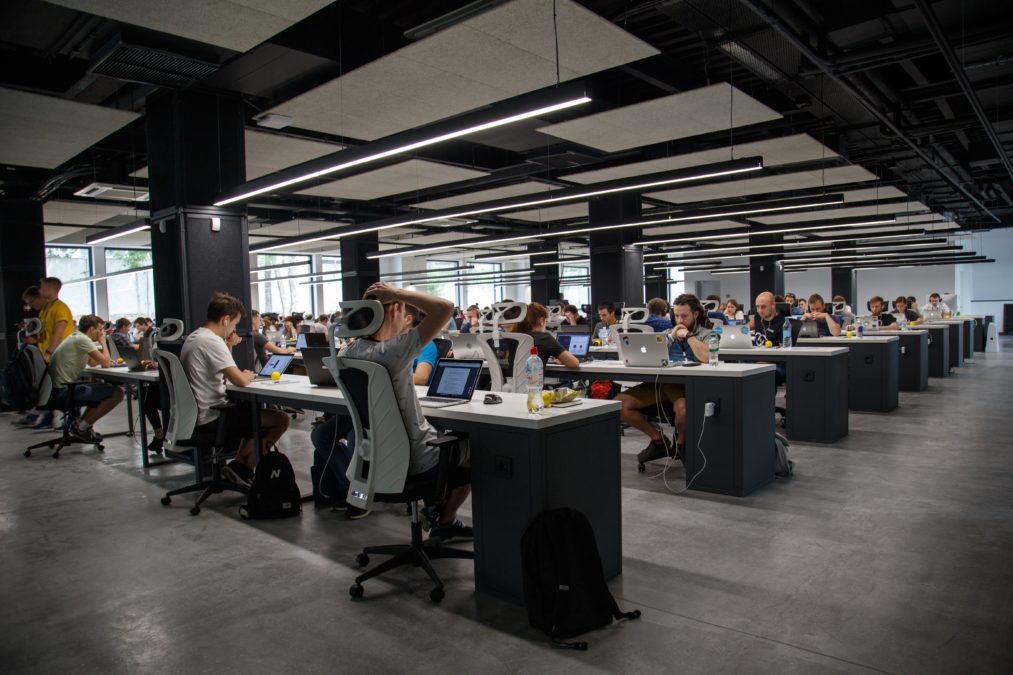Why Focus on Buildings in Your Sustainability Strategy?
There are so many sustainability commitments in the market right now. Just some of the acronyms you might have come across are Science-Based Targets (SBTs), the Climate Pledge, Race to Zero, RE100, to name but a few.
Most climate commitments are related to a company’s total carbon footprint. In other words, companies commit to quantifying their total greenhouse gas emissions (otherwise known as the carbon footprint) and then reducing that over time in relative or absolute terms.
As a quick re-cap for those less familiar with the terminology, under the Greenhouse Gas Protocol, which was developed to standardise frameworks around the world to measure and manage greenhouse gases, emissions are split into three categories: scope 1, scope 2 and scope 3 emissions.
Scope 1 covers the company’s direct greenhouse gas emissions, so the emissions directly from operations that are owned or controlled by the company.
Scope 2 covers the footprint of the indirect greenhouse gas emissions from the generation of purchased or acquired electricity, steam, heating, or cooling consumed by the company.
Scope 3 covers all indirect emissions (not included in scope 2) that occur in the value chain of the reporting company, including both upstream and downstream emissions.
At a corporate level, typically targets are most stringent for scope 1 and 2 emissions as those are in a company’s direct control, though lately more emphasis is being placed on scope 3 as it represents a larger portion of greenhouse gas impact for most companies.
So where do buildings come in?
Buildings contribute to a company’s overall carbon footprint, though the exact amount will depend on a few factors such as what type of company it is, whether the buildings it occupies are leased or owned and operated by the company, and what other greenhouse gas emitting activities it is involved in.
For example, a real estate company might have most of its total carbon footprint coming from buildings whereas a food services company might have a much smaller percentage of its total carbon footprint coming from buildings because of the impact of its supply chain and operations.
Regardless of that though, every single company will have to consider the impact of its infrastructure when it is looking at reducing its carbon footprint.
So, it isn’t a question of if you should consider your building but rather what to do and what level of priority you assign to it.
Why start with buildings?
In the world of sustainability, everything is a competing priority. There are limited hours in a day, limited budget, and about 1,000 things to do and achieve. So why should a company prioritise the impact of its buildings over something else?
The short answer: there are easy wins when you focus on your buildings.
Companies looking at setting out plans to meet net zero will need to address scope 1 and scope 2 emissions. While switching to renewable energy can help meet many targets and address the topic of buildings in a decarbonisation plan, reducing the total energy consumption is equally important, particularly as the transition to a greener grid is in progress.
Focusing on the energy efficiency of buildings, for example, can provide easy wins for emissions reductions and provide additional business benefits such as reduced operational costs. When every decision around sustainability is scrutinised by C-level executives, the board, and investors, the ability to quantify impacts easily and to prove additional benefits beyond the environment can go a long way.
What’s even possible with buildings?
It will depend on how much control a company has over its building stock but there are many elements, from green leases to retrofitting the building to improving the energy efficiency impact of the building to switching to the procurement of 100% renewable energy for the buildings to only occupying or developing green-certified buildings.
It’s hard to generalise what a company should focus on to reduce its carbon footprint because every industry and organisation will be different. What is certain though is that all companies will need to review the impact of their buildings, and they may be surprised by what they find!





